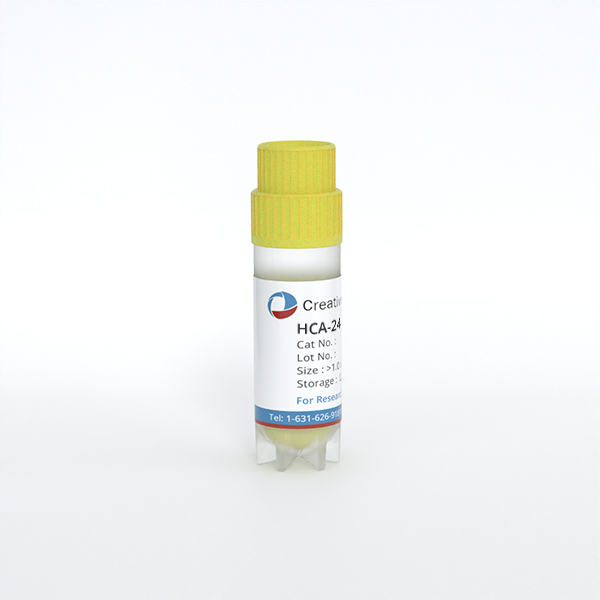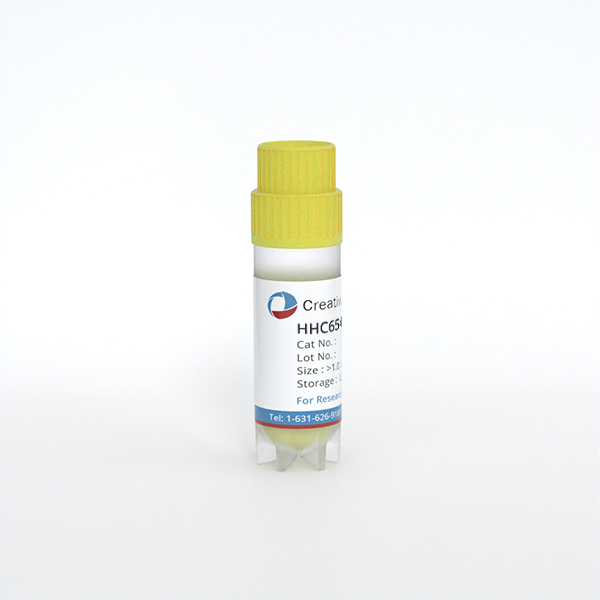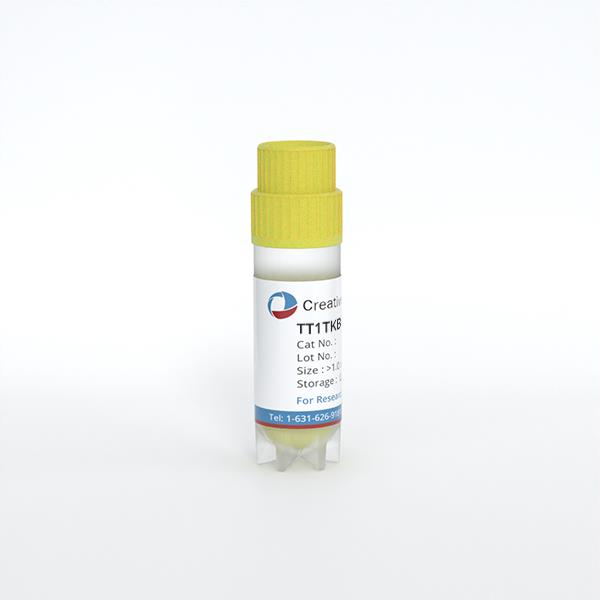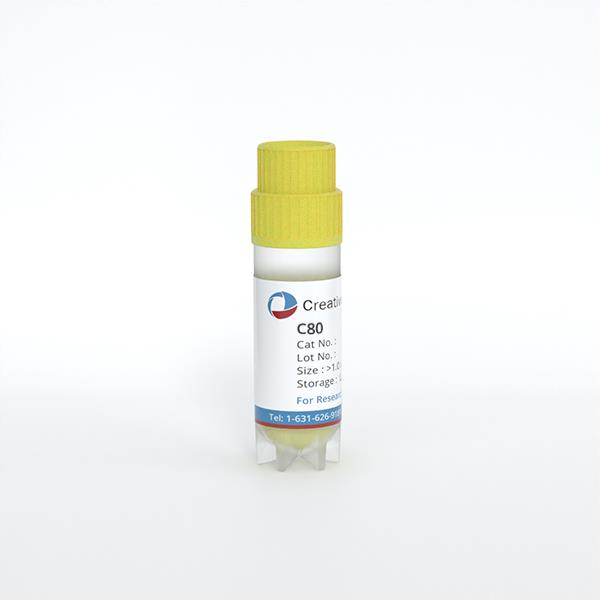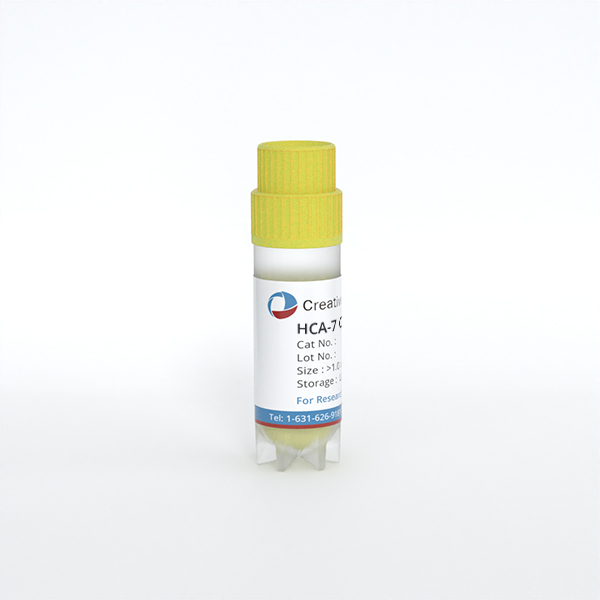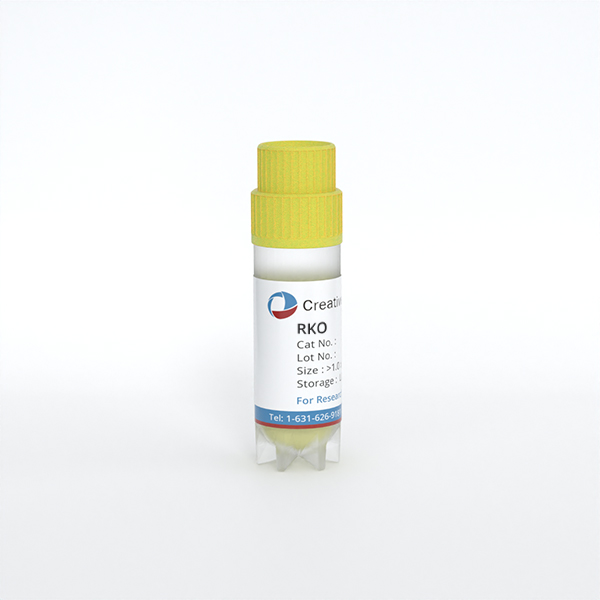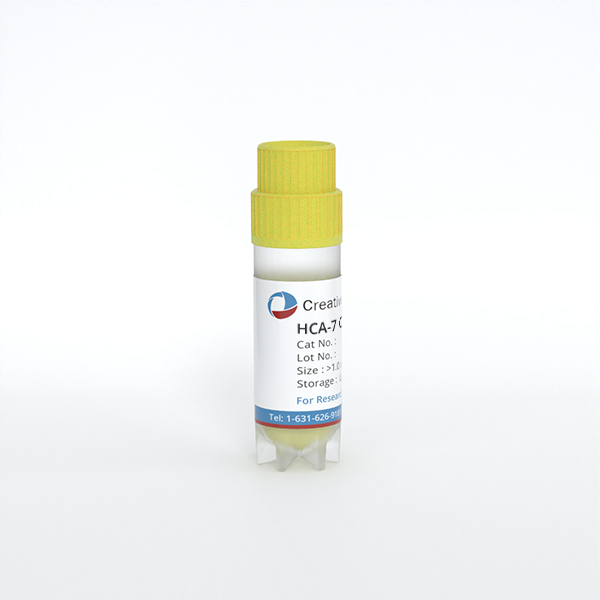
HCA-7 Colony 29
Cat.No.: CSC-C9447J
Species: Homo sapiens (Human)
Source: Intestine; Colon
- Specification
- Q & A
- Customer Review
Cat.No.
CSC-C9447J
Description
The human colon cancer cell line, HCA-7 Colony 29 expresses Cox-2. An interesting feature of this cell line is that it forms polarised epithelial sheets which allows examination of the trafficking and release of biomolecules in vitro. Cyclooxygenases (COXs) are key enzymes in the conversion of arachidonic acid to prostaglandins and other eicosanoids. It has been found that colonic polyps and cancers overexpress Cox-2 and that the inhibition of this enzyme by nonsteroidal anti-inflammatory drugs decreases the risk of colonic neoplasia. This cell line is useful for studying the role of Cox-2 in cancer cell biology and the investigation of colorectal epithelial cell polarity. Imperial College Innovations has stated that this cell line is not to be supplied to commercial organisations.
Species
Homo sapiens (Human)
Source
Intestine; Colon
Recommended Medium
DMEM + 10% FBS + 2mM L-Glutamine + 110mg/L Sodium Pyruvate (NaP)
Disease
Colon Adenocarcinoma
Storage
Liquid Nitrogen (-180 °C).
Storage and Shipping
Creative Bioarray ships frozen cells on dry ice. On receipt, immediately transfer frozen cells to liquid nitrogen (-180 °C) until ready for experimental use. Never can cryopreserved cells be kept at -20 °C.
Synonyms
HCA7 colony 29; HCA-7 Colony29; Col 29
Citation Guidance
If you use this products in your scientific publication, it should be cited in the publication as: Creative Bioarray cat no.
If your paper has been published, please click here
to submit the PubMed ID of your paper to get a coupon.
Ask a Question
Write your own review
Related Products
Featured Products
- Adipose Tissue-Derived Stem Cells
- Human Neurons
- Mouse Probe
- Whole Chromosome Painting Probes
- Hepatic Cells
- Renal Cells
- In Vitro ADME Kits
- Tissue Microarray
- Tissue Blocks
- Tissue Sections
- FFPE Cell Pellet
- Probe
- Centromere Probes
- Telomere Probes
- Satellite Enumeration Probes
- Subtelomere Specific Probes
- Bacterial Probes
- ISH/FISH Probes
- Exosome Isolation Kit
- Human Adult Stem Cells
- Mouse Stem Cells
- iPSCs
- Mouse Embryonic Stem Cells
- iPSC Differentiation Kits
- Mesenchymal Stem Cells
- Immortalized Human Cells
- Immortalized Murine Cells
- Cell Immortalization Kit
- Adipose Cells
- Cardiac Cells
- Dermal Cells
- Epidermal Cells
- Peripheral Blood Mononuclear Cells
- Umbilical Cord Cells
- Monkey Primary Cells
- Mouse Primary Cells
- Breast Tumor Cells
- Colorectal Tumor Cells
- Esophageal Tumor Cells
- Lung Tumor Cells
- Leukemia/Lymphoma/Myeloma Cells
- Ovarian Tumor Cells
- Pancreatic Tumor Cells
- Mouse Tumor Cells
Hot Products
